ECHO funding supports thousands in Darfur to access free primary healthcare services
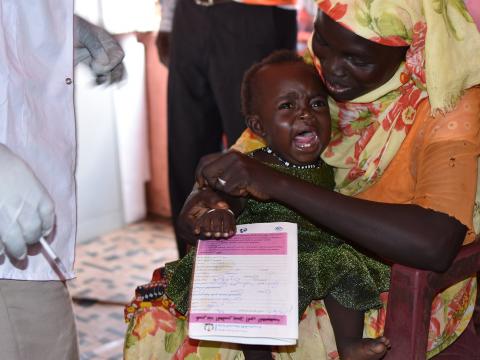
August 2019- Funding from European Union Civil Protection and Humanitarian Aid (ECHO) continues to sustain activities at the Otash clinic for internally displaced persons (IDPs) in South Darfur.
World Vision runs a clinic that provides a primary health care package to the surrounding communities. On a very busy day, according to Mohammed Awad, a registrar seconded from the South Darfur State Ministry of Health (SMoH), approximately 70 people will walk into the gates of the clinic daily for medical consultation, which is part of the primary health care package offered at all such clinics that World Vision runs.
On a busy day usually, the clinic would be teeming with patients, a large majority of whom are mothers and children. Patients have access to free essential medicine and all services offered which include medical consultation, vaccination (for children under five years old against life-threatening illnesses), delivery, laboratory, antenatal care, as well as post-natal care.
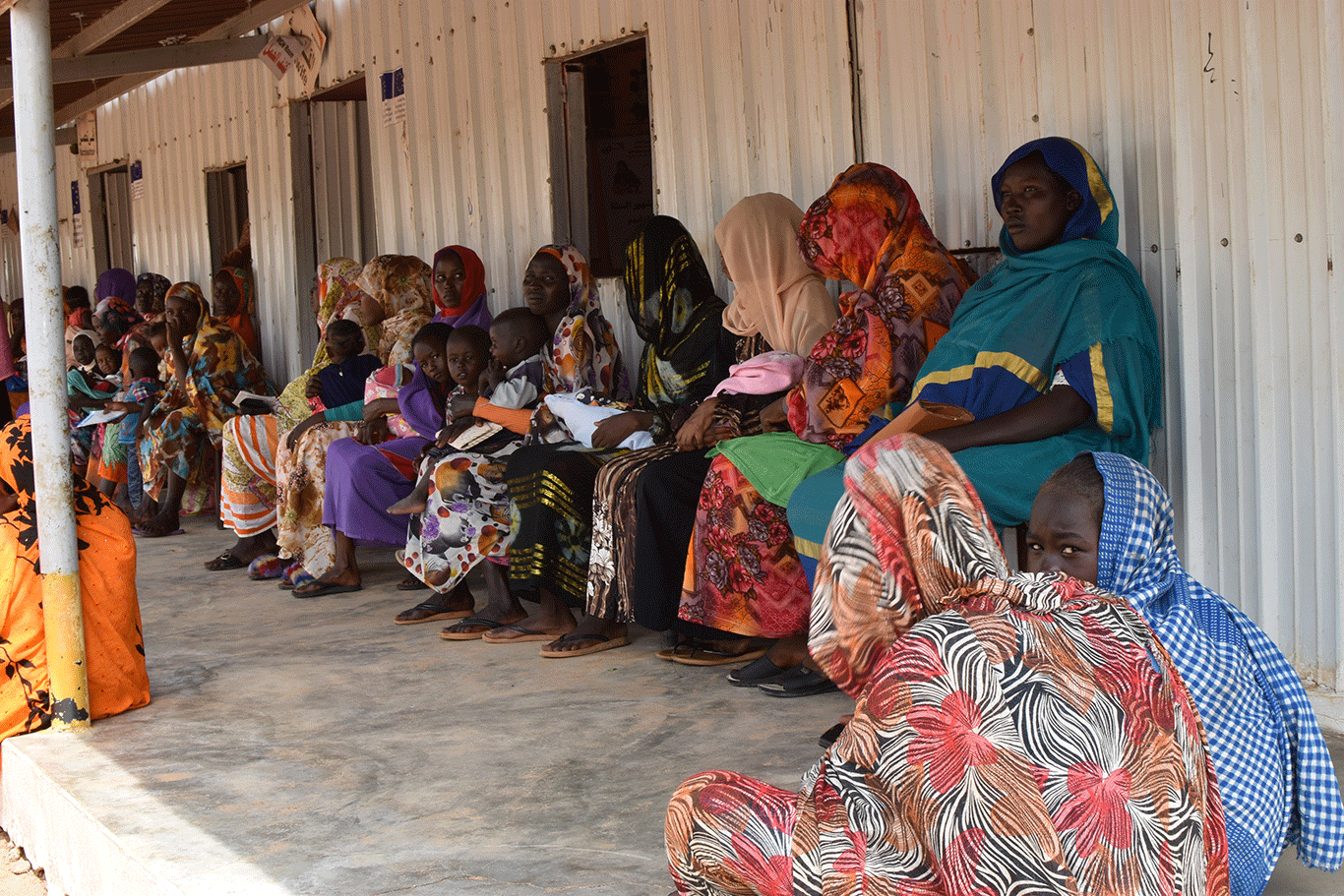
Besides the clinic, World Vision operates a centre for managing and rehabilitating children referred with malnutrition. Most times the children are referred from the communities by volunteers and health workers, who have been trained, among other things, to detect signs of malnutrition. World Vision currently works with 163 community volunteers who have received training, in part, through the ECHO project.
They do this by conducting door-to-door visits and support with early detection and referrals of malnutrition cases,” explains Abdulkareem Ibrahim, World Vision's nutrition supervisor in Darfur.
Mothers who visit the clinic also receive health education, which is often conducted in the waiting area as patients wait their turn for a consultation. Hosna, a 24-year-old mother, is one of the mothers who has benefited from this education. After sitting in some of those sessions, she now says that she knows when to suspect that her child could be suffering from malnutrition and the course of action.
The day we visited the clinic, she had brought her 18-month-old son, Mohammed, to the OTP centre (a centre for managing children under five years old with severe acute malnutrition) that World Vision operates alongside the clinic.
“My son had been having bouts of diarrhoea that lasted for a few days and during this time he appeared really weak, and so I brought him here,” Hosna explains.
Upon measurement, the indicators showed that Mohammed was undernourished. The Mid Upper Arm Circumference (MUAC), a measurement for malnutrition in children, was 10.5 centimetres, this according to Guma Bashar, a World Vision nutrition sector officer, means the child is severely malnourished and requires immediate referral for treatment.
During a follow-up visit with a team from UNICEF in Sudan to the OTP, Hosna had returned for a second follow up visit. She remarked that Mohammed looked much better. He continues to feed on Ready to Use Therapeutic Food (RTUF), supplied with the support of UNICEF.
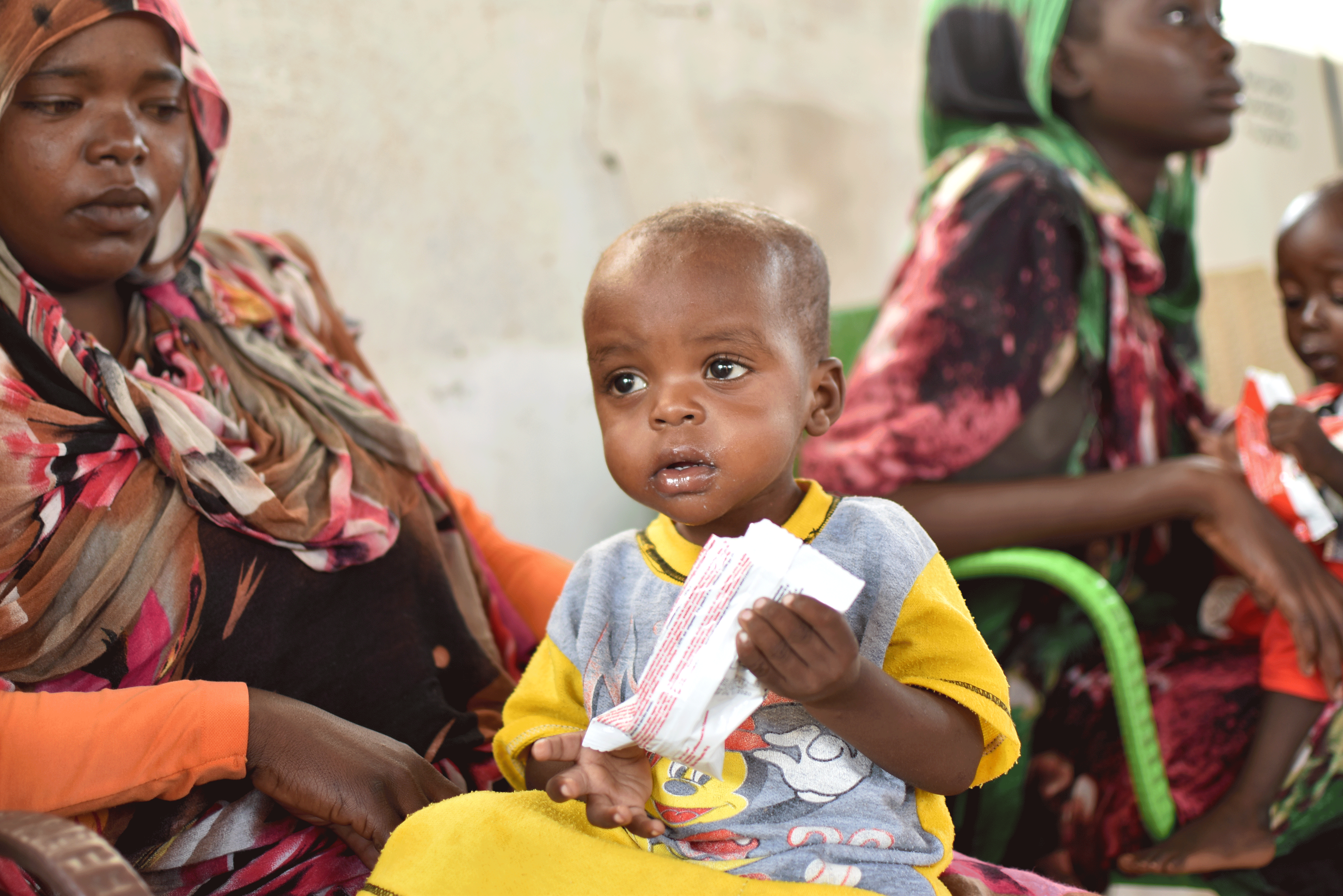
The mothers also receive the RTUF (often 14 sachets) to carry home to feed their children on a daily basis and return to the OTP weekly for a follow-up, for a period of up to two months.
More about World Vision nutrition programmes
Such clinics and nutrition centres as Otash are a vital support for the health and nutrition of children.
In July for example, approximately 9,660 children under five years old in East and South Darfur were screened for malnutrition, of whom 1,651 had severe acute malnutrition (SAM) and 7,983 had moderate acute malnutrition (MAM).
World Vision also operates 33 OTP centres where children with SAM were immediately referred for treatment, as well as 12 targeted supplementary feeding programmes (TFSPs) where children with MAM are referred for supplementary feeding. At the TFSP, malnourished children are given the Ready to Use Supplementary Food (RUSF) which is made possible through funding from the World Food Programme.
World Vision’s support to the Otash clinic targets both internally displaced persons and members of the host community and aims to integrate health, nutrition, water sanitation and hygiene (WASH) as well as protection.
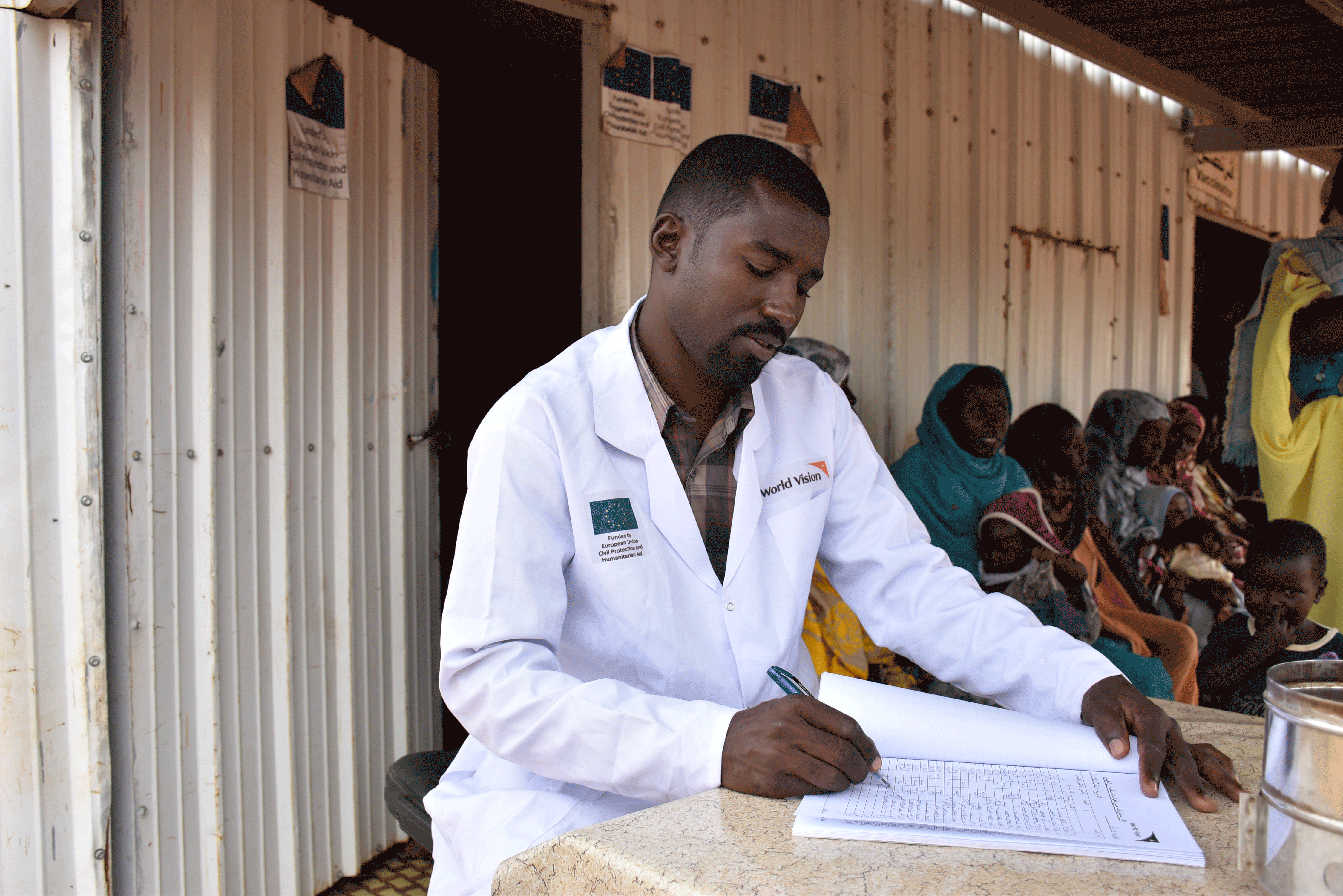
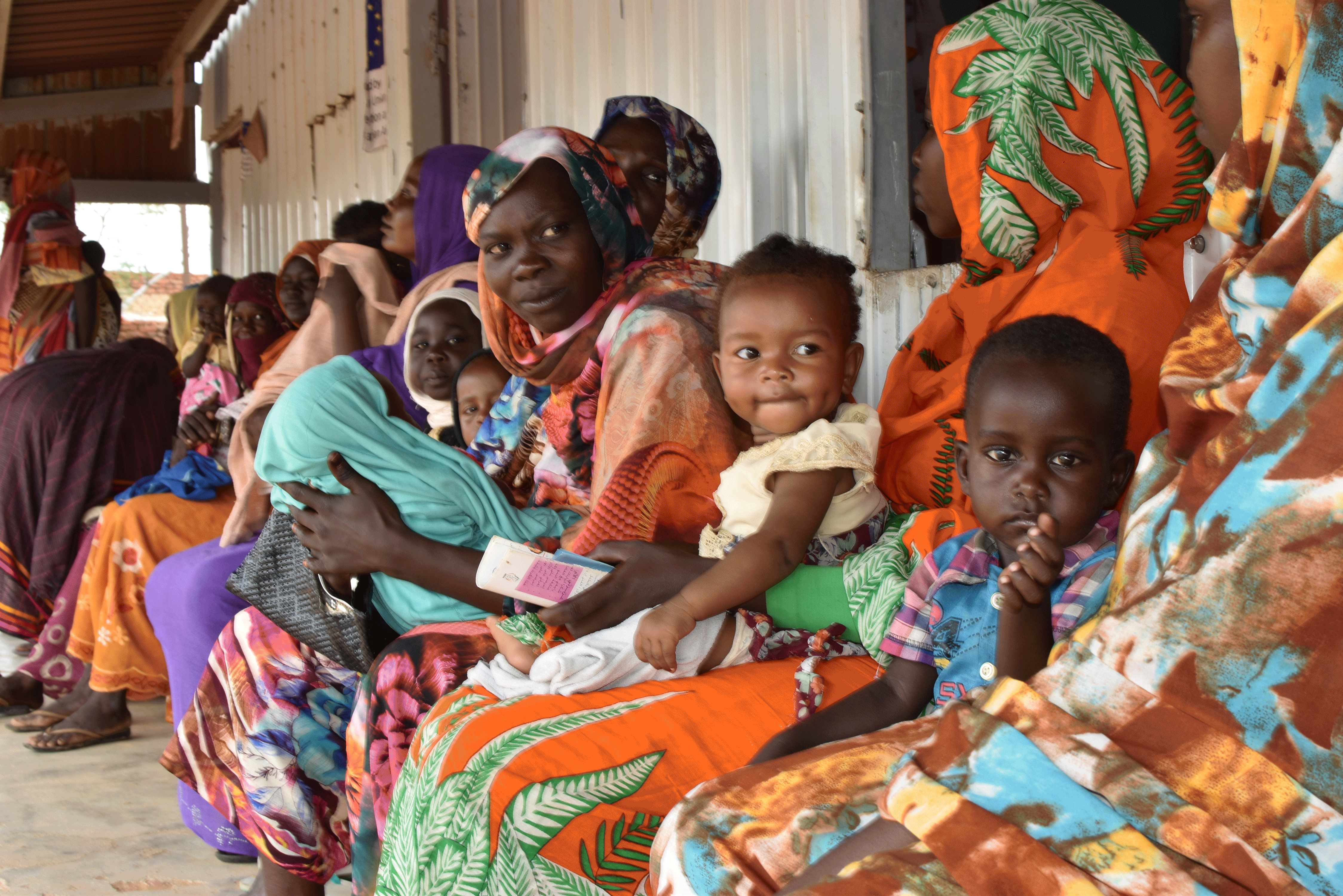
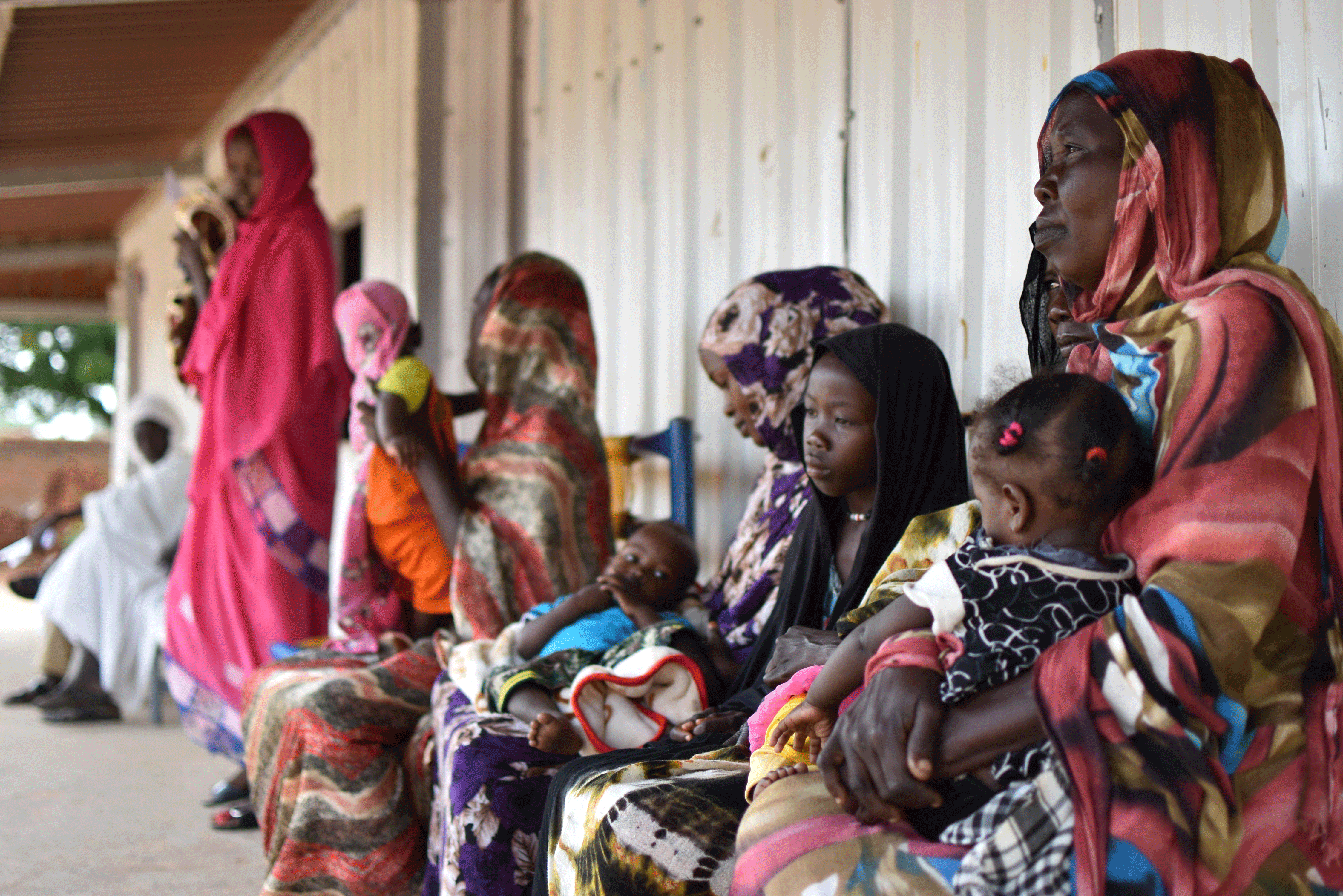
Learn more about our strategy in the heath sector for the children and women of Sudan here.